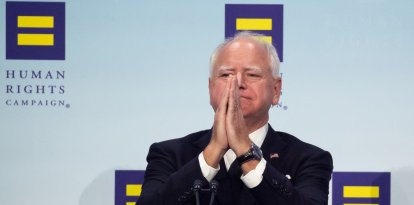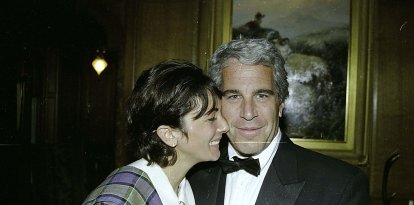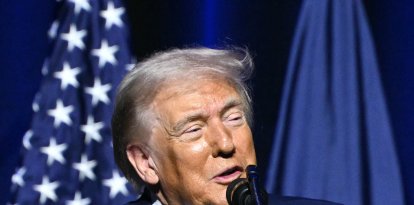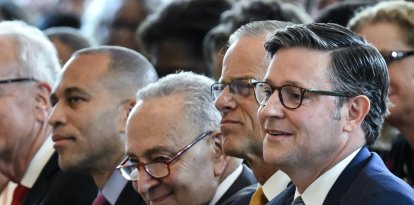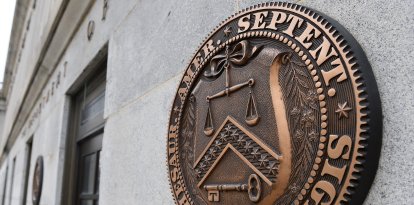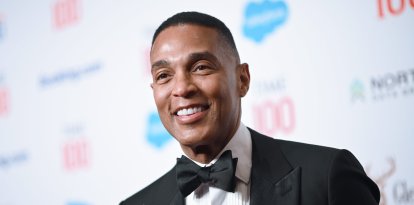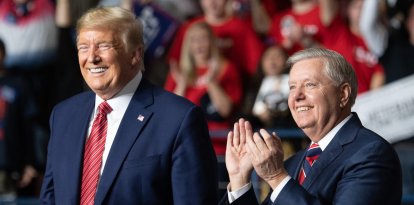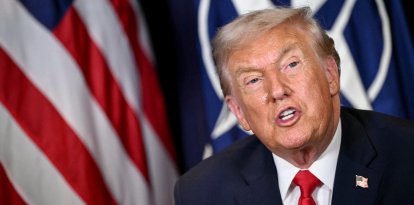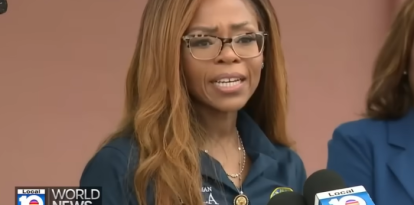DeSantis calls Putin a "war criminal" and toughens stance on Ukraine
The Florida governor believes that the Kremlin leader is a hostile toward the United States.

Ron DeSantis / Cordon Press.
Florida Governor Ron DeSantis is not willing to leave any loose ends in his more than likely run for the White House. Yesterday, he spoke out against criticism he received a few days ago for his statements in a public appearance in which he said that the current war in Ukraine was a "territorial dispute" and that the United States had more important interests to worry about. In that speech, DeSantis also came down hard on President Biden for giving "a blank check" to Ukraine. Just this week, the Florida governor described Russian President Vladimir Putin as a "war criminal" in an interview with British journalist Piers Morgan for the New York Post and Fox News. While in his previous statement on the Ukraine conflict, he only criticized Biden, now DeSantis wants to make clear what he thinks of the Kremlin leader and his failed "special operation" in Ukraine. DeSantis said this was in reality a full-fledged invasion; an old-fashioned war, like those that ravaged Europe for centuries and which has already left more than a hundred thousand casualties on both sides.
"I think (Putin) is a war criminal," DeSantis declared. When the interviewer commented on the recent International Criminal Court order demanding the arrest of the Russian leader, DeSantis pointed out: "We don't have much more information about that order, but I believe very seriously that he has to be held accountable." DeSantis left no doubt as to where he stands on the war in Ukraine. He does not consider the United States should not get involved. Quite the contrary, he described Vladimir Putin as "an ambitious leader hostile to the U.S.," although DeSantis does not believe he has sufficient military capabilities to harm the world's leading power.
The potential candidate for the presidential race acknowledged that he had not been very clear in his previous statements on Ukraine, but also assured that he had been "misunderstood." He was referring to criticism from his own party colleagues such as Marco Rubio, Shelley Moore and John Cornyn, who publicly called him out for rejecting an increase in additional funding for Ukraine.















